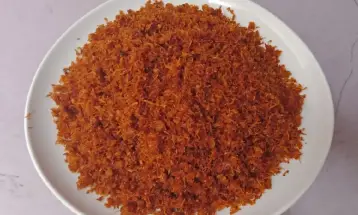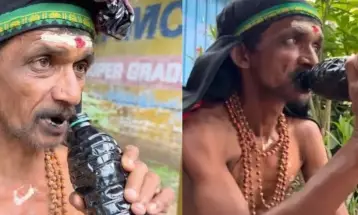5 Recommended Makassar Dishes that You Have to Try

Holiday Ayo - Cited from reqnews.com Makassar is one of the most popular tourist destinations in Indonesia. Other than exciting tourist attractions, this area also has various tasty dishes, like soup, traditional cake, and many others. Here are some of Makassar's typical foods that you have to try.
1. Coto Makassar

Also called Coto Mangkasara, it is the traditional dish of Makassar, South Sulawesi. It is made of cow’s innards and beef that are boiled together and then seasoned with special seasoning. Coto Makassar is eaten with ketupat or buras, a type of rice cake in Indonesia.
2. Palekko Duck

Palekko Duck is a traditional dish that is known for its savory and spicy taste. The duck is cooked with several spices like onion, garlic, and chili. The spices are crushed together and then stir-fried. After that, the duck, which has been boiled beforehand, is cooked along with the spices. Palekko is usually eaten with buras. It can also be eaten with regular rice or with sticky rice.
3. Konro Soup
Konro Soup is a rib-eye soup that comes from Bugis and Makassar tradition. It is usually eaten with buras and ketupat. The broth is black because of pangium. The taste is quite spicy because of the mixed spices like coriander, turmeric, cinnamon, lime leaves, cloves, and bay leaves.
4. Kapurung
Kapurung is one of the traditional foods of South Sulawesi. It is especially popular in Lawu Raya area. This dish is made of sago flour that is cooked with various vegetables and fish or meat. Although it is a traditional food, it is still quite popular to this day.
5. Pallubasa

Pallubasa is a traditional food of Makassar that is made of the meat and innards of cow or buffalo. The cooking process is similar to Coto Makassar in that the innards and meat are boiled before being cooked with the seasoning. What makes them different is the seasoning. Additionally, while Coto is usually eaten with ketupat, Pallubasa is usually eaten with regular rice. The name Pallubasa comes from the words “pallu” and “basa” which mean “cooking” and “wet/broth” respectively.








Leave a comment